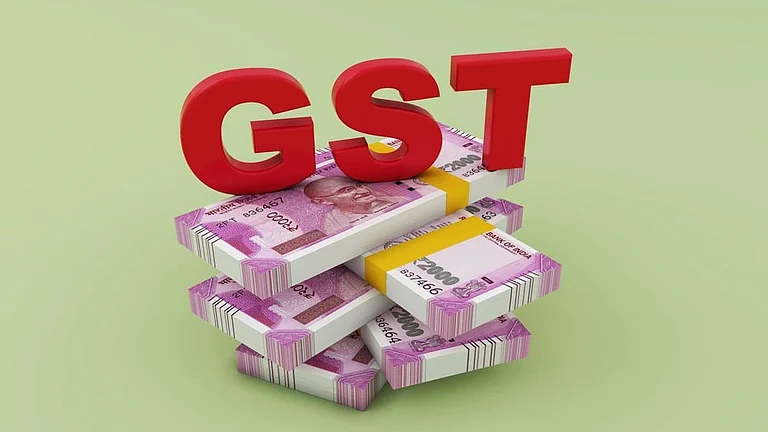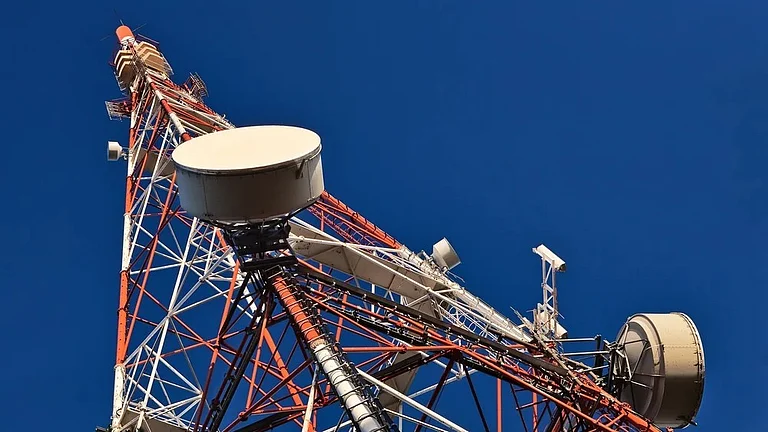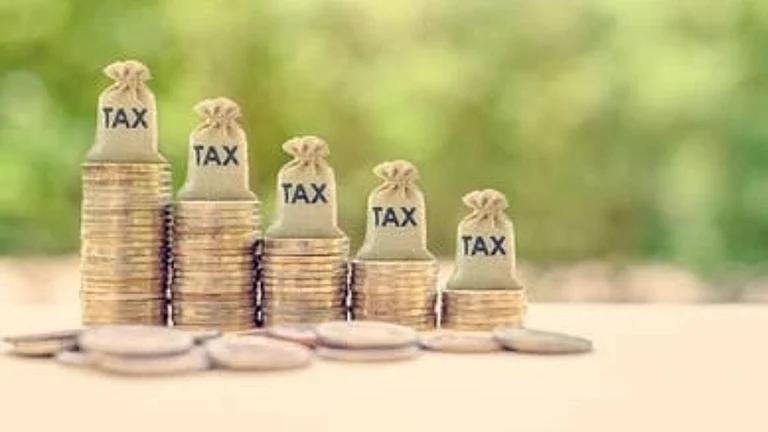
GST Council mandates 18% GST on delivery workers, to be paid by platforms
Zomato, Swiggy to incur ₹180–200 crore annual tax hit each
Tax effective from September 22, 2025
The annual tax outgo of food delivery giants Zomato and Swiggy can rise by ₹180-200 crore each due to latest GST rates government announced on September 3. The council, in its 56th meeting, stated that online food delivery platforms must bear an 18% GST liability on behalf of delivery partners who were earlier exempted from the levy.
Now, the companies may pass on the incremental tax to delivery partners and end-consumers, according to The Economic Times report. This move can reduce the delivery workers’ earnings after the new rate will come into effect on September 22, and the companies start paying more tax.
“This will be partly passed on to delivery workers and will likely reduce their earnings in the immediate term… but there is also a plan under consideration to charge a levy to consumers,” a Zomato executive told the news publication.
Similarly, Swiggy is also expected to transfer the tax burden on to delivery partners and consumers, the report added.
The move now places delivery services provided by platforms like Swiggy, Zomato, and Blinkit within the ambit of Section 9(5) of the CGST Act. "...in cases where the person supplying such services through an electronic commerce operator is not liable for registration under GST," the council's recommendation read.
Years-Long GST Battle
The GST council's clarification resolves the prolonged debate over whether food delivery platforms must bear tax liability on the delivery charges collected from customer and passed on to gig workers.
Food delivery companies have long been entangled in tax disputes over whether GST liability should be extended to delivery charges. In December 2024, the GST department of Maharahstra issued a demand notice of nearly ₹803 crore to Zomato for the period between October 2019 and March 2022.
The company maintained that the delivery fee was collected on behalf of gig workers rather than as its own revenue.
Just months earlier, in August 2024, Zomato received another set of notices worth ₹4.59 crore from tax authorities in Tamil Nadu and West Bengal over alleged non-payment of GST and excess input tax credit claims. These were in addition to multiple disputes stretching back to late 2023.
Enternal, Zomato's parent company, has also come under scrutiny, with Bengaluru authorities issuing three tax orders demanding over ₹40 crore for services rendered between July 2017 and March 2020.
Meanwhile, in September 2024, the Directorate General of GST Intelligence (DGGI) in Pune raised a ₹326.7 crore demand on Swiggy for unpaid GST tied to delivery fees collected from customers.
Swiggy, Zomato Platform Fee Hike
Zomato has increased the platform fee to ₹12 from ₹10 on all food orders amid the ongoing festive season, according to media reports. The amount doesn’t include goods and services tax (GST). This came after its rival Swiggy also raised the platform fee to ₹14 (inclusive of GST) due to rising order volumes.
Swiggy has increased its platform fee for the third time in as many weeks, raising it to ₹15 per order, the sharpest jump so far, as it aims to capitalise on festive demand and strengthen margins. The levy will remain applicable to subscribers as well.
The platform fee was first rolled out in 2023. Since then, Zomato and Swiggy have been raising these charges. It is basically an extra charge levied on every online order. The latest hike comes at a time when online food delivery growth is showing signs of moderation.
In July, Zomato has also introduced long-distance service fee to boost profitability. The orders valued above ₹150, restaurants are now charged an extra ₹20 if the delivery address is 4-6 km away from their outlet or cloud kitchen. This fee got doubled for deliveries exceeding 6 km.

































